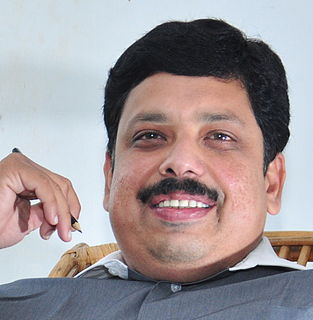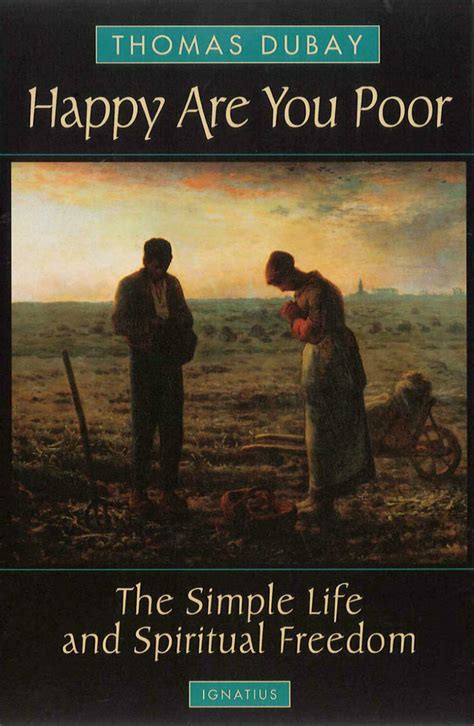A Quote by Thomas Mann
The observations and encounters of a devotee of solitude and silence are at once less distinct and more penetrating than those of the sociable man; his thoughts are weightier, stranger, and never without a tinge of sadness. Images and perceptions which might otherwise be easily dispelled by a glance, a laugh, an exchange of comments, concern him unduly, they sink into mute depths, take on significance, become experiences, adventures, emotions.
Quote Topics
Adventures
Become
Comments
Concern
Depths
Devotee
Distinct
Easily
Emotions
Encounters
Exchange
Experiences
Glance
Him
His
Images
Laugh
Less
Man
Might
More
Mute
Never
Observations
Once
Otherwise
Penetrating
Perceptions
Sadness
Significance
Silence
Sink
Sociable
Solitude
Stranger
Take
Than
Those
Thoughts
Which
Without
Related Quotes
The observations and encounters of a solitary, taciturn man are vaguer and at the same times more intense than those of a sociable man; his thoughts are deeper, odder and never without a touch of sadness. Images and perceptions that could be dismissed with a glance, a laugh, an exchange of opinions, occupy him unduly, become more intense in the silence, become significant, become an experience, an adventure, an emotion. Solitude produces originality, bold and astonishing beauty, poetry. But solitude also produces perverseness, the disproportionate, the absurd and the forbidden.
A lonely, quiet person has observations and experiences that are at once both more indistinct and more penetrating than those of one more gregarious; his thoughts are weightier, stranger, and never without a tinge of sadness. . . . Loneliness fosters that which is original, daringly and bewilderingly beautiful, poetic. But loneliness also fosters that which is perverse, incongruous, absurd, forbidden.
The world of men has forgotten the joys of silence, the peace of solitude, which is necessary, to some extent, for the fullness of human living. Man cannot be happy for long unless he is in contact with the springs of spiritual life which are hidden in the depths of his own soul. If man is exiled constantly from his own home, locked out of his spiritual solitude, he ceases to be a true person.
Man is more than his environment. It is from the innate quality of the Spirit in him, his inner storehouse, that he draws those ideas, his intuitions, which unify his perceptions of the external world instantaneously with a value which is qualitative and not quantitative, and which he embodies in the works of his culture - those achievements which belong not only to one particular time but to all times, and mark the path of his upward progress.
Coming at twenty to his father's house, which was a very sink of filthy debauchery, he, chaste and pure as he was, simply withdrew in silence when to look on was unbearable, but without the slightest sign of contempt or condemnation. His father, who had once been in a dependent position, and so was sensitive and ready to take offense, met him at first with distrust and sullenness.
In this oasis of quiet, before the wonderful spectacle of nature, one easily experiences how profitable silence is, a good that today is ever more rare... In reality, only in silence does man succeed in hearing in the depth of his conscience the voice of God, which really makes him free. And vacations can help to rediscover and cultivate this indispensable interior dimension of human life.
Happiness and sadness are just two eternal truths like day and night. A man of superior intellect is never affected by these emotions. They are not base emotions at all but a reflection of our thoughts, a reaction to our perspective on things we see, hear and do. Equanimity is not only desirable in a warrior, but a must. Without it, you are as good as dead in the battlefield.
There is an old proverb to the effect that 'all those who open their mouths, close their eyes!' The purpose of silence and solitude is to be able to see and hear. Control rather than no noise is the key to silence. James saw clearly that the person who could control his tounge is perfect (James 3:1-12). Under the Discipline of silence and solitude we learn when to speak and when to refrain from speaking.
Mediocre people often have a tinge of religion about them, but it is only a tinge. They take their religion as it comes. They may pray and worship more or less regularly, and they usually stay clear of publicly disgraceful crimes, but they are lukewarm, colorless. Seldom or never do they read a serious book about prayer or study to learn more about God and His plans, to discover how to be humble and chaste and patient. They are always too busy for the one thing necessary.




































